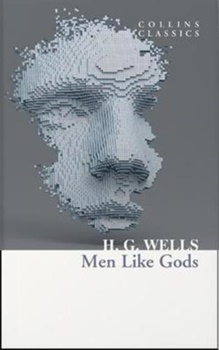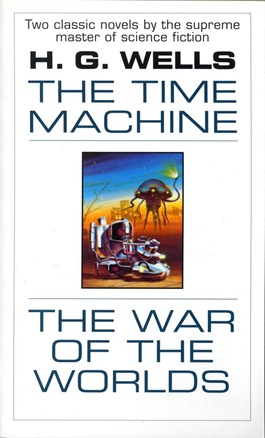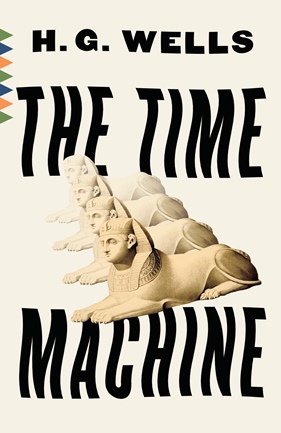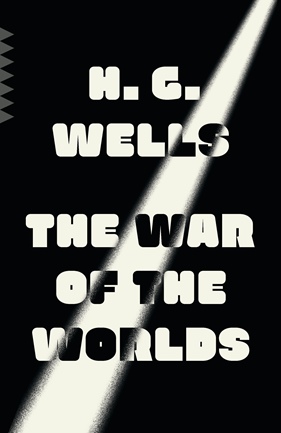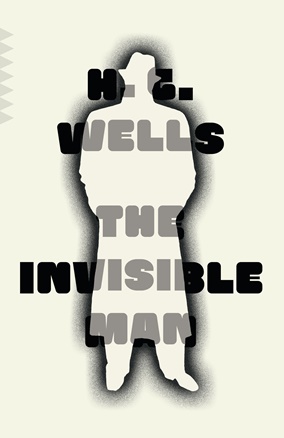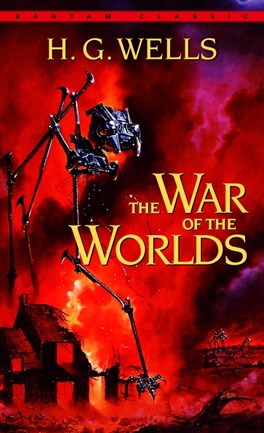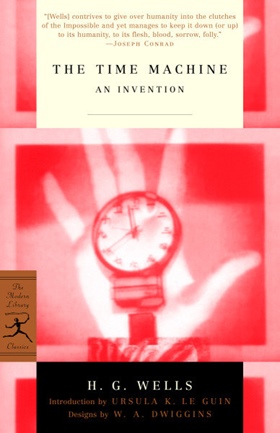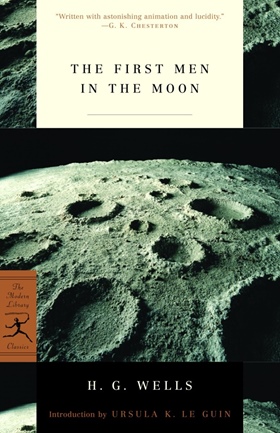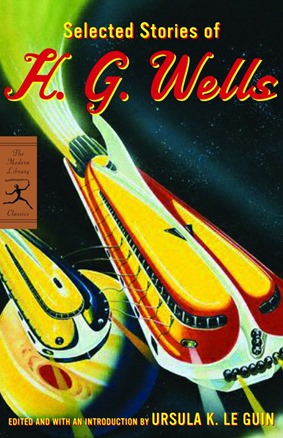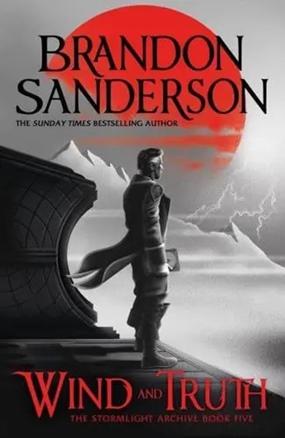Description
A cautionary tale of the horrors that can ensue when man experiments with nature, from the father of science fiction, H. G. Wells.
A lonely island in the Pacific. The sinister scientist who rules it. And the strange beings who dwell there....
This is the scenario for H. G. Wells’s haunting classic, one of his most intriguing and visionary novels. Living in the late nineteenth century and facing the impact of Darwin’s theory of evolution, Wells wrote this chilling masterpiece about the characteristics of beasts blurring as the animals turn into men. Dr. Moreau, a scientist expelled from his homeland for his cruel vivisection experiments, finds a deserted island that gives him the freedom to continue torturous transplantations and create hideous creatures with manlike intelligence. But as the brutally enforced order on Moreau’s island dissolves, the true consequences of his experiments emerge, and his creations revert to beasts more shocking than nature could devise.
A genius of his time, H. G. Wells foresaw the use of what he called the “atom bomb,” the practice of gene-splicing, and men landing on the moon. Now, when these have become part of everyday life, his dark fable serves as a compelling reminder of the horrors that reckless experiments with nature can produce.
With an Introduction by Nita A. Farahany
and an Afterword by Dr. John L. Flynn
About the Author
Herbert George Wells was born in Bromley, Kent, England, on September 21, 1866. His father was a professional cricketer and sometime shopkeeper, his mother a former lady’s maid. Although “Bertie” left school at fourteen to become a draper’s apprentice (a life he detested), he later won a scholarship to the Normal School of Science in London, where he studied with the famous Thomas Henry Huxley. He began to sell articles and short stories regularly in 1893. In 1895, his immediately successful novel The Time Machine rescued him from a life of penury on a schoolteacher’s salary. His other “scientific romances”—The Island of Dr. Moreau (1896), The Invisible Man (1897), The War of the Worlds (1898), The First Men in the Moon (1901), and The War in the Air (1908)—won him distinction as the father of science fiction. Henry James saw in Wells the most gifted writer of the age, but Wells, having coined the phrase “the war that will end war” to describe World War I, became increasingly disillusioned and focused his attention on educating mankind with his bestselling Outline of History (1920) and his later utopian works. Living until 1946, Wells witnessed a world more terrible than any of his imaginative visions, and he bitterly observed: “Reality has taken a leaf from my book and set itself to supercede me.”
Greg Bear’s novels and stories have appeared in more than twenty languages worldwide and have won numerous prizes, including two Hugos, five Nebulas, and the Prix Apollo. His novels include Darwin’s Radio (winner of the Nebula and Endeavor awards), Darwin’s Children, Vitals, Blood Music, Eon, Queen of Angels, and Moving Mars. He has served as a consultant and a lecturer on space and defense policy, biotechnology and bioterrorism, multimedia entertainment, and Internet issues.
Simon J. James is Professor of Victorian Literature at the Department of English Studies, Durham University. He is the editor of The Wellsian, the peer-reviewed scholarly journal of the H.G. Wells Society. He has edited four H.G. Wells novels for the Penguin Classics, as well as George Gissing’s Charles Dickens: A Critical Study. James is the author of Maps of Utopia: H.G. Wells, Modernity and the End of Culture and Unsettled Accounts: Money and Narrative Form in the Novels of George Gissing.

